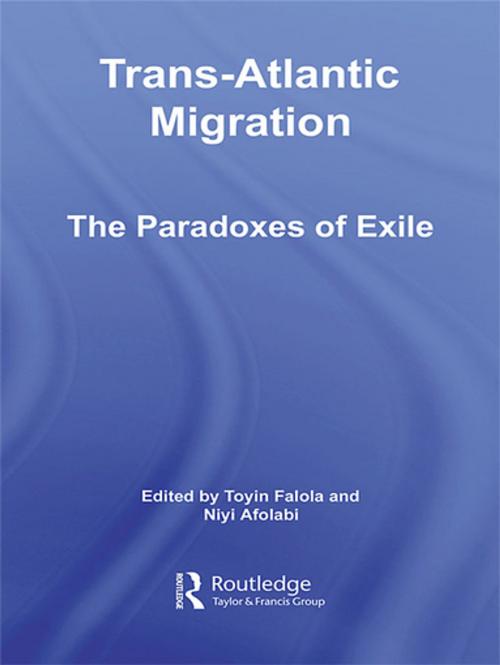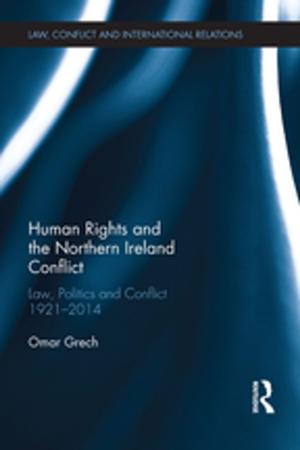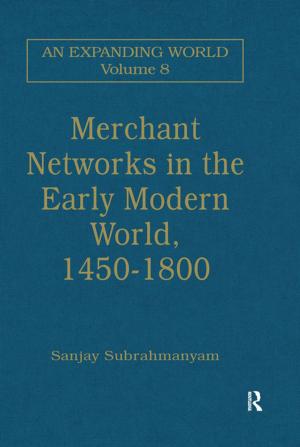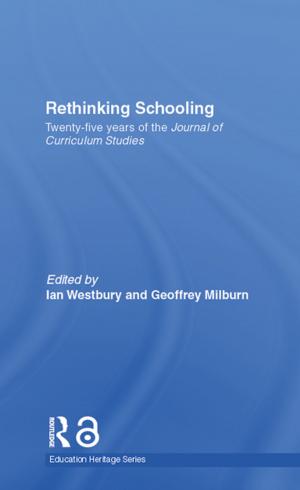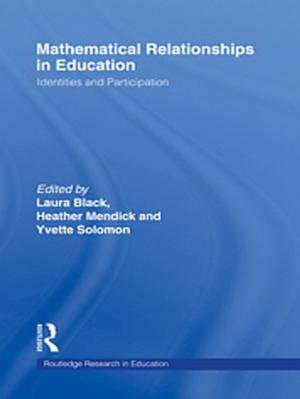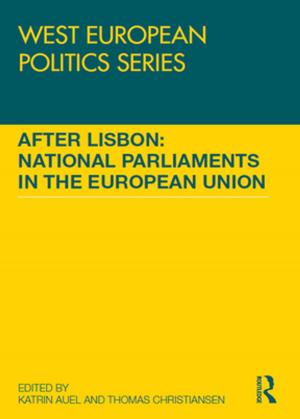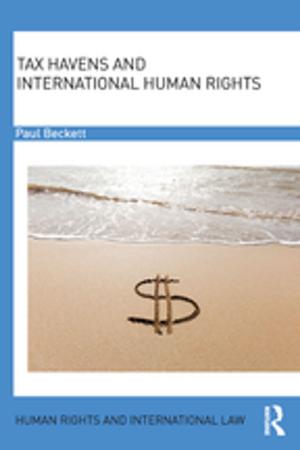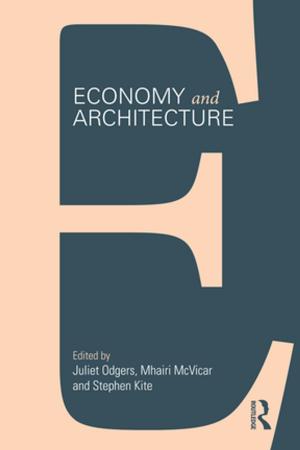Trans-Atlantic Migration
The Paradoxes of Exile
Nonfiction, Social & Cultural Studies, Social Science, Demography, Human Geography, Cultural Studies, Emigration & Immigration| Author: | ISBN: | 9781135900779 | |
| Publisher: | Taylor and Francis | Publication: | November 21, 2007 |
| Imprint: | Routledge | Language: | English |
| Author: | |
| ISBN: | 9781135900779 |
| Publisher: | Taylor and Francis |
| Publication: | November 21, 2007 |
| Imprint: | Routledge |
| Language: | English |
This book argues that a new cadre of African immigrants are finding themselves in the New World—mostly well educated, high-income earning professionals, and belonging to the category termed "African brain drain," they constitute the antinomy of those Africans who were forcibly removed from Africa during slavery. Along with this sense of freedom and voluntary migration comes a paradox—that of living in two worlds and negotiating the pleasures and agonies that come with living in exile. For the new African immigrant, the primary factor motivating migration is the desire for a better life whether fleeing political persecution, economic crisis, refugee crisis, or a combination thereof. The overall consequences include displacement, alienation, and the not so enchanting reality of exile. In its encompassing structure and multivalent perspectives, Trans-Atlantic Migration sets in motion the shifting theoretical and pragmatic verity that the new African diaspora and transatlantic migrations are paths laden with paradoxes that only time, negotiations, compromises, and sense of identities can ultimately resolve.
This book argues that a new cadre of African immigrants are finding themselves in the New World—mostly well educated, high-income earning professionals, and belonging to the category termed "African brain drain," they constitute the antinomy of those Africans who were forcibly removed from Africa during slavery. Along with this sense of freedom and voluntary migration comes a paradox—that of living in two worlds and negotiating the pleasures and agonies that come with living in exile. For the new African immigrant, the primary factor motivating migration is the desire for a better life whether fleeing political persecution, economic crisis, refugee crisis, or a combination thereof. The overall consequences include displacement, alienation, and the not so enchanting reality of exile. In its encompassing structure and multivalent perspectives, Trans-Atlantic Migration sets in motion the shifting theoretical and pragmatic verity that the new African diaspora and transatlantic migrations are paths laden with paradoxes that only time, negotiations, compromises, and sense of identities can ultimately resolve.
